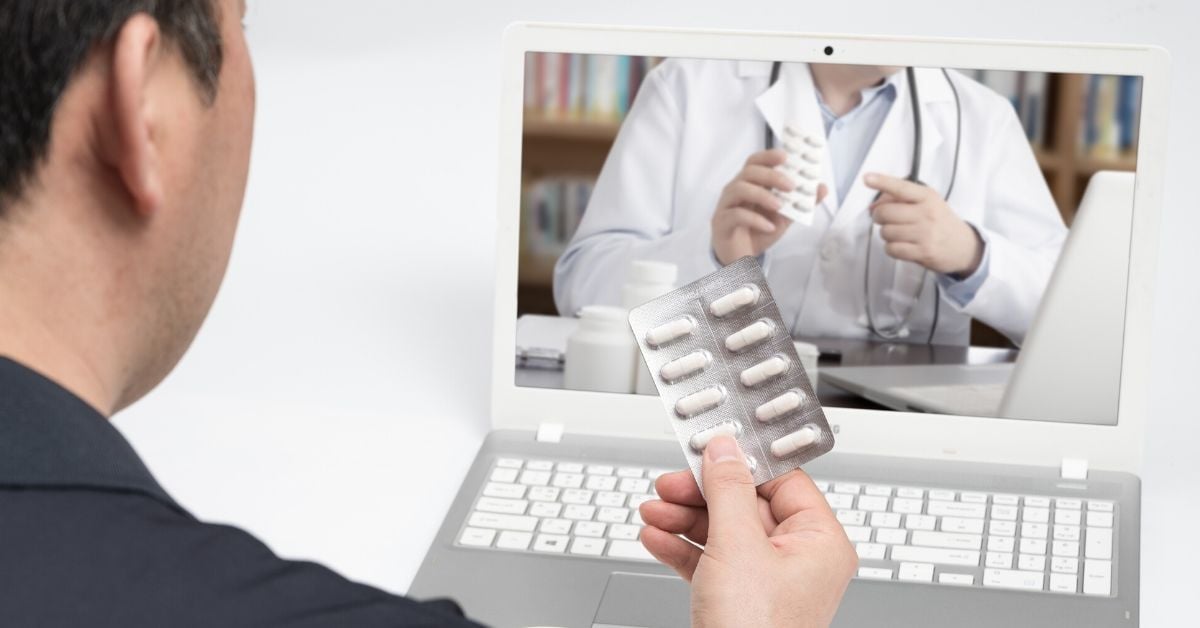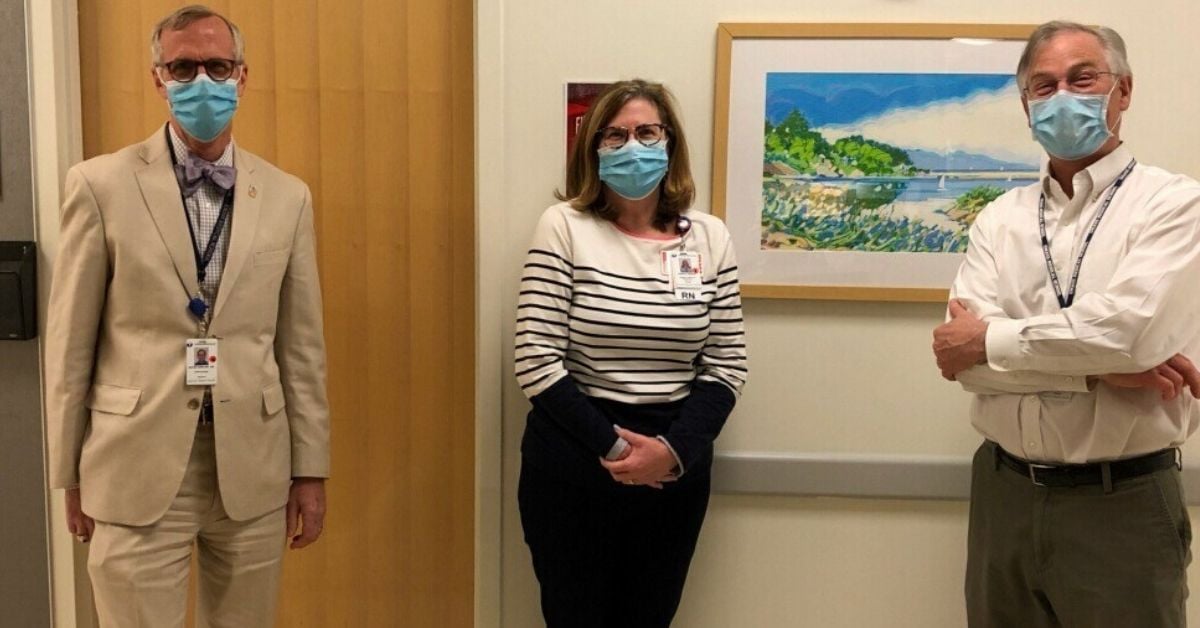Virtual Telehealth Could Become the New Normal in Diabetes Care
Date Posted: Tuesday, May 19, 2020
The COVID-19 pandemic changed the way people received medical care and many experts feel it may never go back to the way it was.
“I believe telemedicine is here to stay,” said Dr. David Harlan, co-director of the UMass Chan Diabetes Center of Excellence (DCOE). “As providers, we can employ telephone or video conferencing to help patients in many ways and that, after all, is our goal.”
Telemedicine has been considered by many over the years to be well-suited for diabetes care. A study published in Telemedicine and e-Health examined data from 6170 patients ages 13 to 71 living with both type 1 and type 2 diabetes. Results showed better A1c reduction in the telehealth groups compared with those who had typical in-person visits.
“Our patients and providers have rapidly adopted this new technology allowing us to complete the majority of our previously scheduled appointments remotely," said endocrinologist Dr. Michael Thompson. “In the near future the telehealth video platform will be integrated into our electronic medical record system that will allow patients to access care directly through their MyChart patient portal.”

UMass Memorial Health patients who recently received remote care through telemedicine appointments within the Diabetes Center of Excellence have been overwhelmingly positive about the process. Sharing data with their care team by uploading blood glucose meters, continuous glucose monitors (CGM) and insulin pumps, makes these appointments efficient and productive. That up-to-date information allows each patient’s provider or diabetes educator to make insulin dose adjustments and other recommendations as necessary, without an in-person office visit.
“Our diabetes education telehealth appointments have been very successful," said Cheryl Barry, RN, MS, CDCES, manager of diabetes education at the UMass Memorial DCOE. "We’re helping people with self-management skills, such as insulin administration and glucose monitoring, while addressing their individual concerns, offering solutions and providing resources.”
A recent study published in Diabetes Technology & Therapeutics claims that some people living with type 1 diabetes have combined telehealth and technology with proper blood glucose management and monitoring to receive better care during the COVID-19 pandemic, as patients are avoiding in-person visits. The study found telemedicine could help to avoid hospital admissions for diabetic ketoacidosis.
“There are some things such as insulin pump starts that still need to be done in person, but overall diabetes education via telehealth is a wonderful option for busy people,” added Barry.
“Of course, there are aspects of diabetes care, such as checking feet and eye exams, that still require in-person visits, at least for now,” said Dr. Harlan. “Otherwise, telehealth eliminates the need for people to take time off from work, drive, park, and all the things that go along with a visit to a doctor’s office.”
NBC Boston visited UMass Memorial Medical Center during the summer of 2021 to ask "What's the Future of Telehealth Post-Pandemic?" Dr. David McManus, chief of chair of the Department of Medicine at UMass Chan Medical School and UMass Memorial Health, believes that it is. View the NBC Boston News video.
